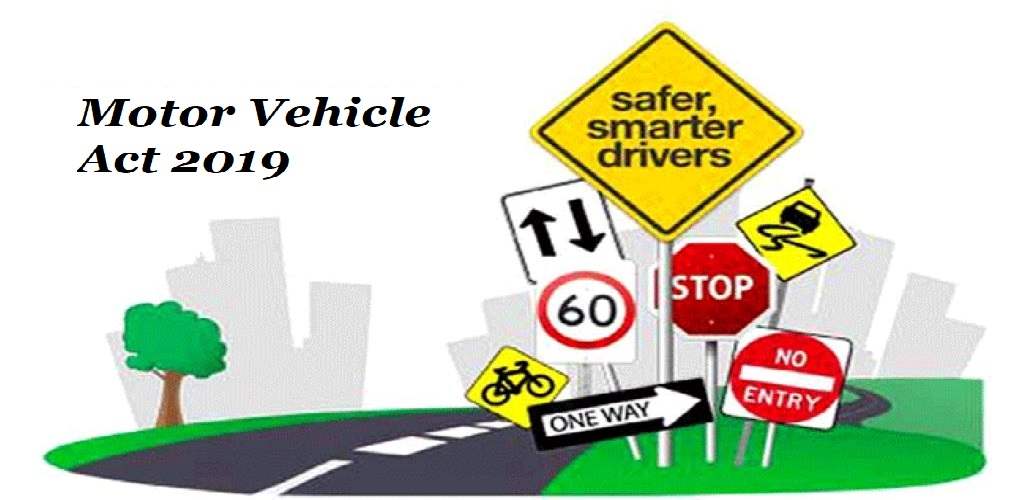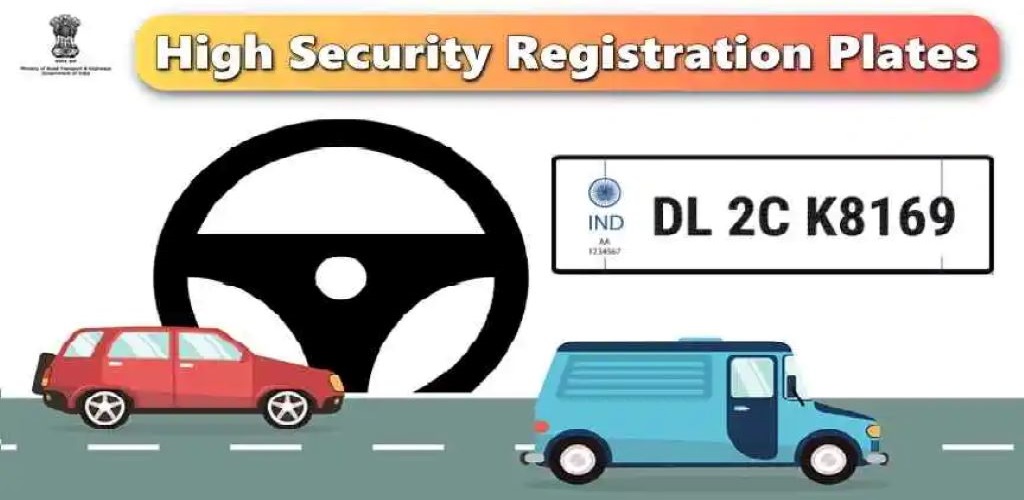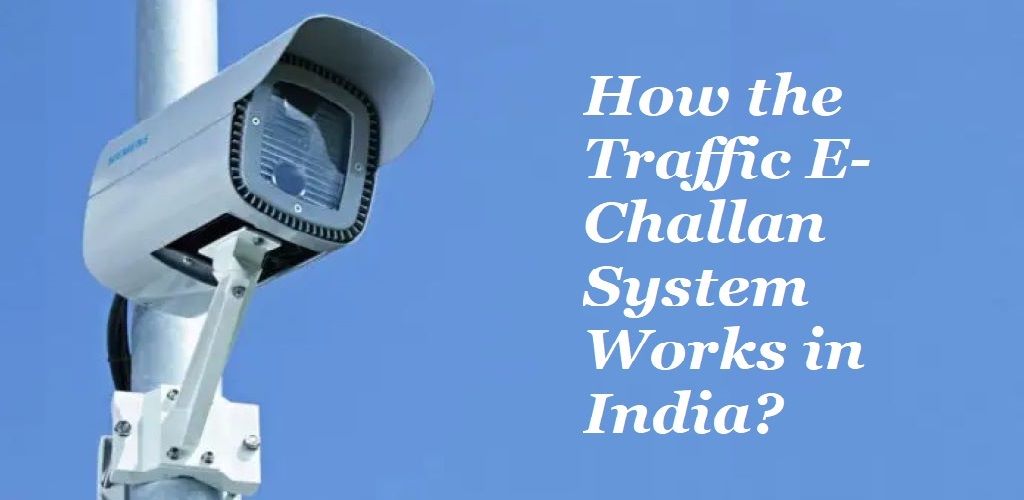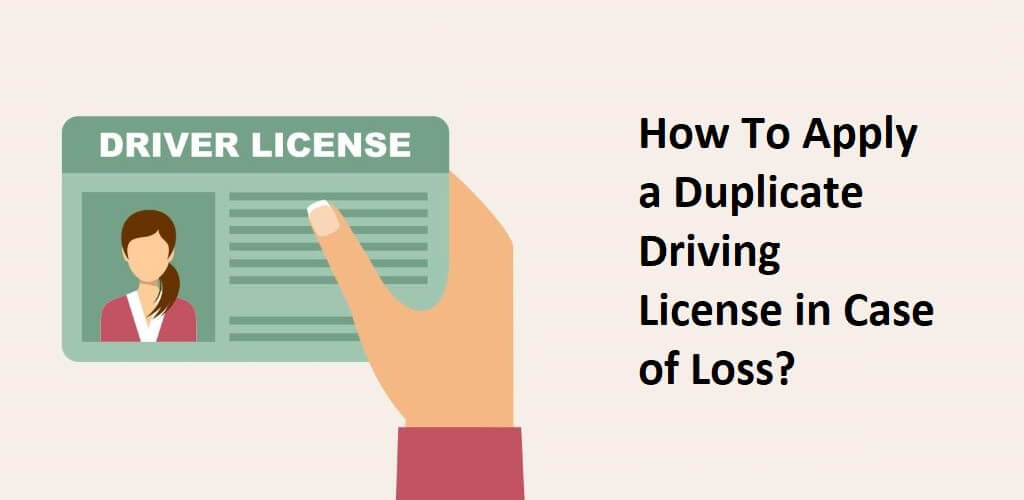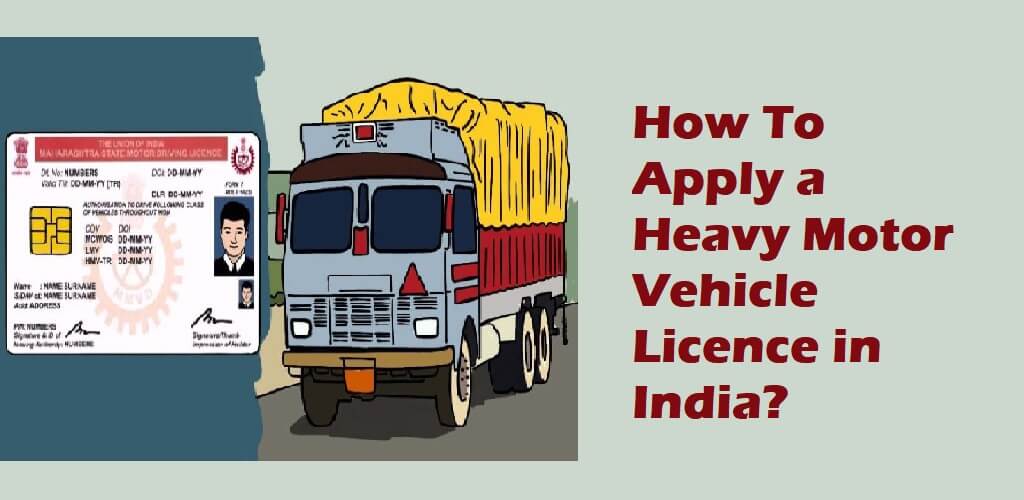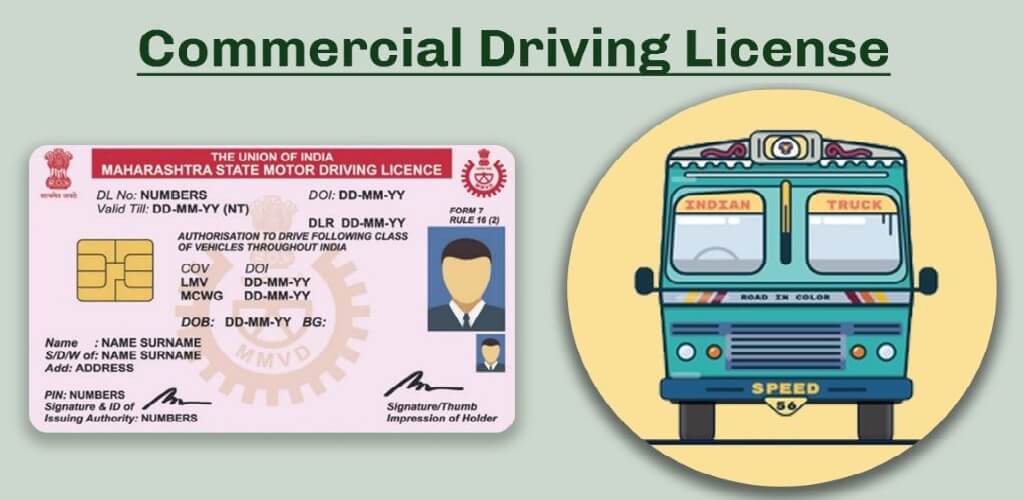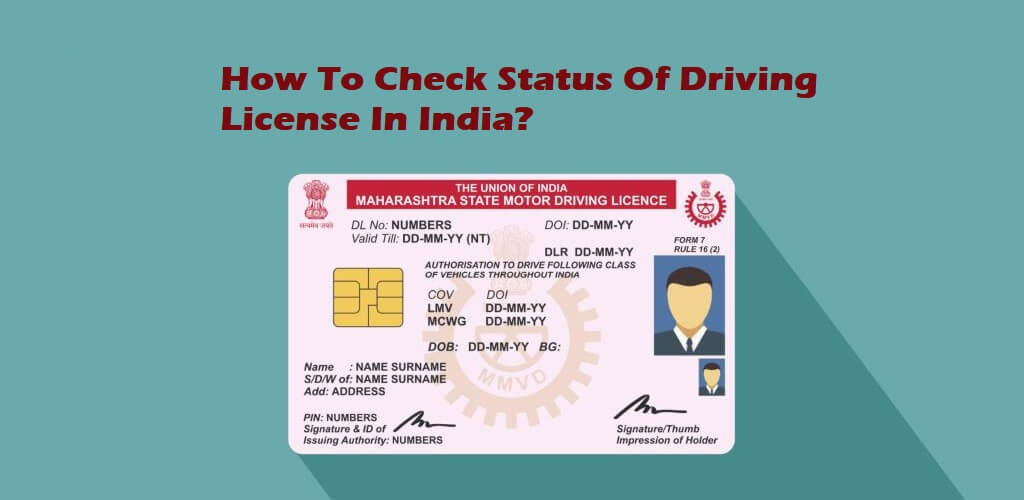In recent years, as cities have grown and people’s financial situations have become more streamlined, the number of motor vehicles is rising aggressively. There is no denying that the number of registered motor vehicles in India more than doubled, growing by 123%. During the same period, from 2005 to 2015, road accidents increased by 14%, and the number of deaths from these accidents increased by 54%. Additionally, the road network in India expanded by 44% during this time.
On July 15, 2019, the Minister of Road Transport and Highways, Mr Nitin Gadkari, introduced the Motor Vehicles (Amendment) Bill 2019 in the Lok Sabha. This Bill aims to make changes to the Motor Vehicles Act of 1988, which is the main law that governs the licensing and registration of motor vehicles and drivers in India. It sets the rules for granting licenses and permits for motor vehicles, establishes standards for these vehicles, and specifies penalties for breaking these rules.
In this post, we’ll discuss the comprehensive information about the Motor Vehicle Act 2019.
Understanding Motor Vehicle Act 2019: What is it?
On September 1, 2019, the Motor Vehicle Amendment Act 2019 was launched to improve road safety in the country. The major highlight of the act is that it has increased fines for many traffic violations to prevent road accidents and educate drivers on the importance of motor insurance. As per the Motor Vehicle Act 1988, every motorist must have third-party car insurance at all times.
Importance of Motor Vehicle Act 2019
The Motor Vehicles (Amendment) Act carries an important message for drivers who operate their vehicles without valid insurance and license. If you make driving errors or do not follow traffic rules, it can significantly impact your finances. The Act includes provisions for traffic regulations, vehicle insurance, registration of motor vehicles, managing permits, and settling penalties. Notably, any claim for insurance due to an accident must be filed within six months of the incident.
It is our responsibility to be good citizens by ensuring that we always have valid car or bike insurance. This is not only a legal requirement in India but also essential for continuous insurance coverage. If you do not have valid motor insurance, you are breaking the law and can be fined under the Motor Vehicles (Amendment) Act. Additionally, in case of an accident, you would have to pay for any third-party claims out of your own pocket.
The act encourages individuals to follow traffic rules and reduce the number of road accidents and facilities.
What are the Provisions Of the Motor Vehicle Amendment Act 2019?
Let’s take a look at the provisions of the Motor Vehicle Amendment Act 2019.
- Driving Without Insurance: Under Section 196 of the Act, driving without valid insurance will result in a fine of Rs 2,000.
- Compensation for Hit and Run Cases:
- In the event of death, the minimum compensation has been increased from Rs 25,000 to Rs 2 lakh.
- In the event of grievous injury, the minimum compensation has been increased from Rs 12,500 to Rs 50,000.
- Driving Without a License: The fine for driving without a valid license has been increased from Rs 500 to Rs 5,000.
- Driving Without Helmets: Failing to wear a helmet will now result in a fine of Rs 1,000 and disqualification of the driver’s license for 3 months.
- Driving Without Seatbelts: The fine for not wearing a seatbelt has been increased from Rs 100 to Rs 1,000.
- Dangerous Driving: The fine for dangerous driving has been increased from Rs 1,000 to Rs 5,000.
- Drunken Driving: The fine for driving under the influence of alcohol or drugs is now Rs 10,000.
- Overloading of Two-Wheelers: Overloading two-wheelers will result in a fine of Rs 2,000 and a three-month disqualification of the driver’s license.
- Not Giving Way to Emergency Vehicles: Failing to give way to emergency vehicles can attract a fine of Rs 10,000.
- Vehicle Recall: The government has the authority to recall vehicles if their components or engines do not meet required safety and environmental standards.
What are the Key Features & Benefits of the Motor Vehicle Act 2019?
Listed below are the salient features and benefits of the Motor Vehicle Act 2019.
- Enhanced Road Safety
One of the major features and benefits of the Motor Vehicles Act 2019 is that it encourages road safety by imposing increased fines for traffic violations such as drunk driving, overspeeding, and not wearing seat belts or helmets to encourage safer driving behaviour. Furthermore, it protects good samaritans who help accident victims, which ensure that they are not liable for any civil or criminal action. This encourages more people to assist accident victims promptly, potentially saving lives during critical moments.
- Improved Compensation for Accident Victims
Another major benefit of the Motor Vehicle Act 2019 is that it introduces a scheme for cashless treatment of road accident victims during the golden hour (the first hour after an accident), which ultimately increases the chances of survival and reduces the financial burden on victims and their families.
- Vehicle Recall for Safety Standards
The Act allows the central government to recall vehicles with defects that may pose a risk to the environment, drivers, or other road users. Manufacturers are required to either refund the full cost or replace the defective vehicle, ensuring that only safe vehicles are on the road. This provision ensures that vehicle manufacturers maintain high safety standards, which helps in reducing accidents caused by vehicle defects.
- Easy & Quick Licensing & Registration Services
Another major benefit of the act is that it has introduced several online platforms for the renewal of driving licenses, vehicle registrations, and other related services. Furthermore, it simplifies administrative processes, which makes it quite easy for citizens to comply with legal requirements without having to visit transport offices.
- Increased Compensation for Hit-and-Run Cases
The minimum compensation for hit-and-run cases has been significantly increased.
- Death: From Rs 25,000 to Rs 2 lakh.
- Grievous Injury: From Rs 12,500 to Rs 50,000.
The best part is that it provides better financial support to victims and their families, helping them cope with the aftermath of accidents.
Frequently Asked Questions
Listed below are the frequently asked questions related to the Motor Vehicle Act 2019.
Section 129 of the Motor Vehicle Act requires anyone over the age of four who is driving, riding, or being carried on a motorcycle to wear protective headgear that meets ISI standards while in public.
Section 187 of the Motor Vehicle Act 2019 states that anyone caught driving dangerously can be fined up to Rs 5,000 and/or imprisoned for up to six months. Repeat offenders can face fines up to Rs 10,000 and imprisonment for up to a year.
Some main hurdles to road safety in India include untrained drivers, poorly designed roads, a lack of traffic signs, and inadequate road safety education.
Yes, the Motor Vehicles (Amendment) Act 2019 allows for the renewal of driving licenses and vehicle registrations online. However, the availability and procedures may differ depending on your state and local transport department.
Penalties for traffic violations vary based on the type and severity of the offence. The Motor Vehicles (Amendment) Act 2019 has introduced stricter fines for offences such as overspeeding, drunk driving, not wearing seat belts or helmets, and jumping traffic signals, among others.

